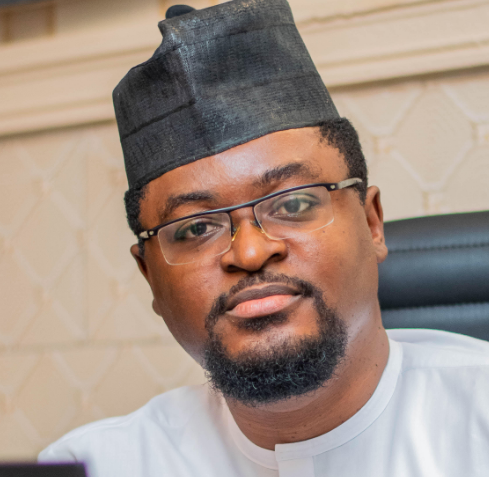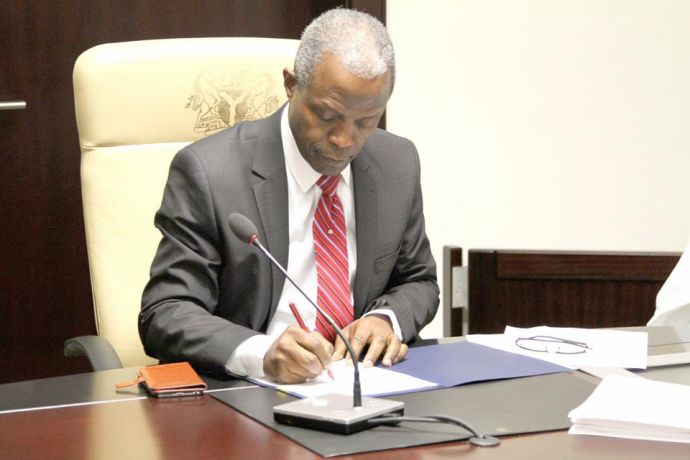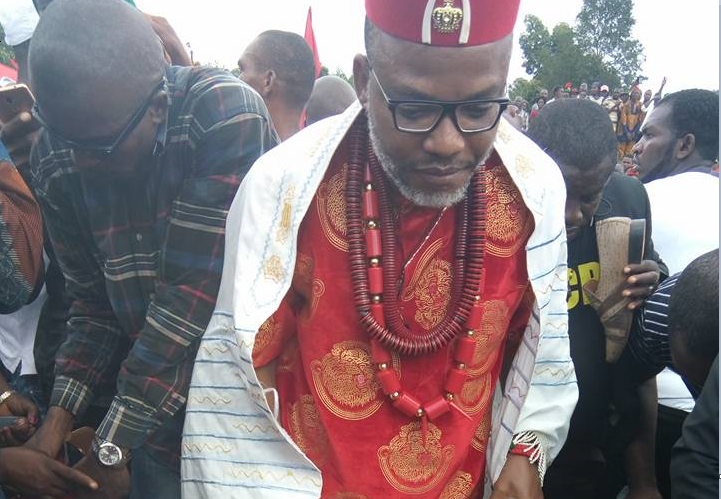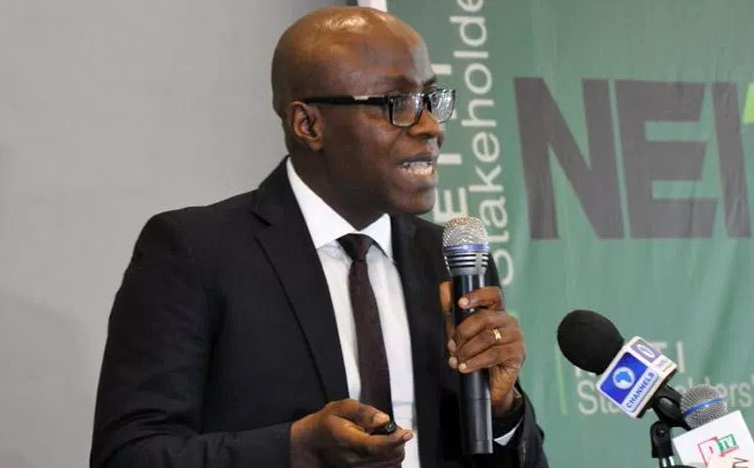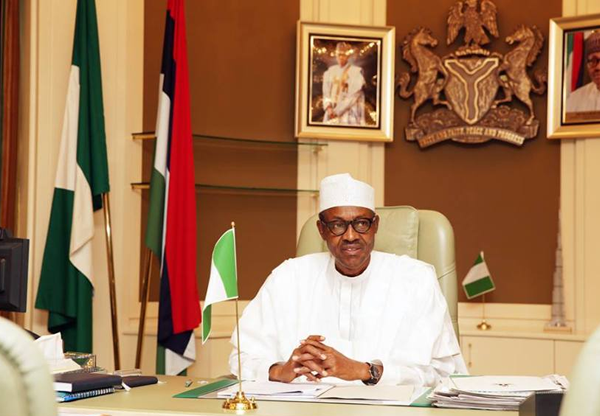It is said that the wheels of justice turn slowly but grind exceedingly fine. However, in Nigeria the broken wheels of justice turn forever and often grind to an asphyxiating halt.
Since 2007, five former governors – Orji Uzor Kalu (Abia), Jolly Nyame (Taraba), Joshua Dariye (Plateau), Danjuma Goje (Gombe) and Saminu Turaki (Jigawa) – have been on trial for corruption. The curtain is yet to be drawn on their cases.
Out of 13 former governors, whom the Economic and Financial Crimes Commission (EFCC) filed fraud charges against, only two have been convicted – Lucky Igbinedion (Edo state) and James Ngilari (Adamawa state). Though their conviction was with wooly penalties.
In December 2008, a federal high court in Enugu fined Igbinedion N3.5m in a N25billion financial fraud case. The former governor pleaded guilty to the charge against him, and he was subsequently given a slap on the wrist. He was allowed to walk the walk of freedom.
Advertisement
Also, in March 2017, a high court in Adamawa convicted Ngilari of contract fraud, but it gave him the option of picking any prison of his choice to do time – selective sentencing. However, a few days in jail, he was released in controversial circumstances. The appeal court afterwards invalidated his conviction. End of story.
Owing to serpentine, compromised, and crude judicial processes, the corruption cases of some former governors have sputtered in courts for 10 years. A decade! It means child born at the time the trial started is already in secondary school.
Here are the five governors whose trial started in 2007 but no closure years after.
Advertisement
ORJI UZOR KALU
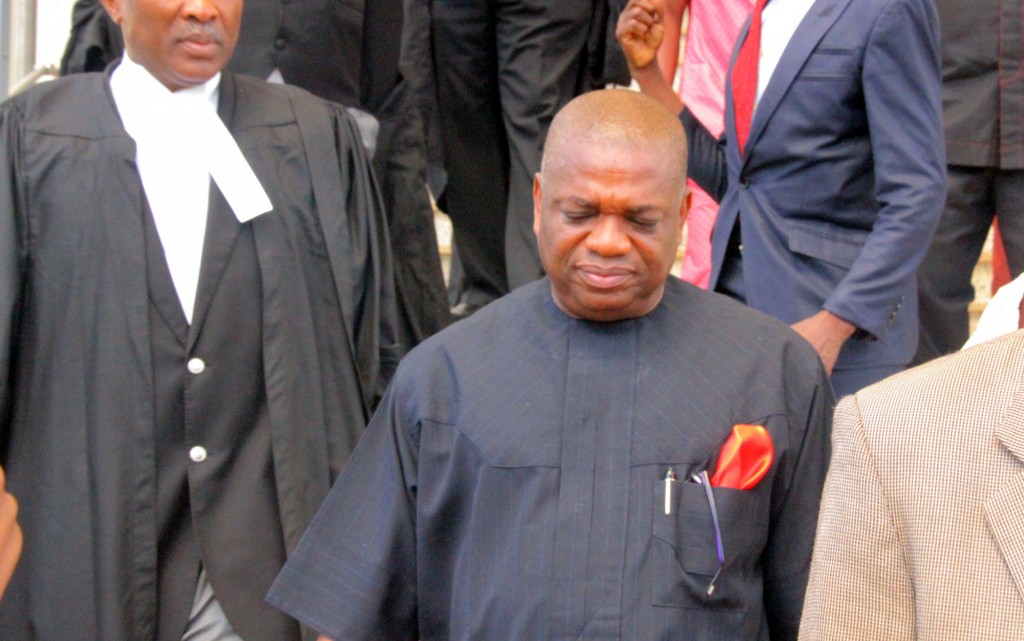
In October 2016, the EFCC re-arraigned the former Abia state governor before a federal high court in Lagos on 34 counts of money laundering.
The anti-graft agency first arraigned him in 2007 on a 96-count charge of money laundering. Controversy crept into his trial when lawyers from the office of the attorney-general of the federation went to court, during the tenure of Michael Andoakaa, to contest the power of the EFCC to prosecute Kalu.
Kalu challenged the competence of the charge and the power of the EFCC to prosecute him. This preliminary issue was argued up to the supreme court, delaying trial.
Advertisement
After a lengthy legal battle, the supreme court in 2016, ordered him to stand trial.
In an amended charge, the EFCC alleged that Kalu, between August 7, 2001 and December 2005, while he was governor, used state funds to purchase Slok Nigeria Limited.
The anti-graft agency alleged that he laundered the funds through Manny Bank (now Fidelity Bank Plc), Spring Bank Plc, the defunct Standard Trust Bank and Fin Land Bank, now First City Monument Bank (FCMB).
In counts one to 10, Kalu was alleged to have, between August 13, 2003 and August 10, 2005, acquired Slok Nigeria Limited as well as retained in his account domiciled with the Apapa branch of First Inland Bank Plc, the total sum of N2.502,600 billion.
Advertisement
The money was said to have been derived from the treasury of the Abia state government, through Manny Bank (now Fidelity Bank Plc), which was converted into several bank drafts and paid into the account of Slok Nigeria Limited.
JOLLY NYAME
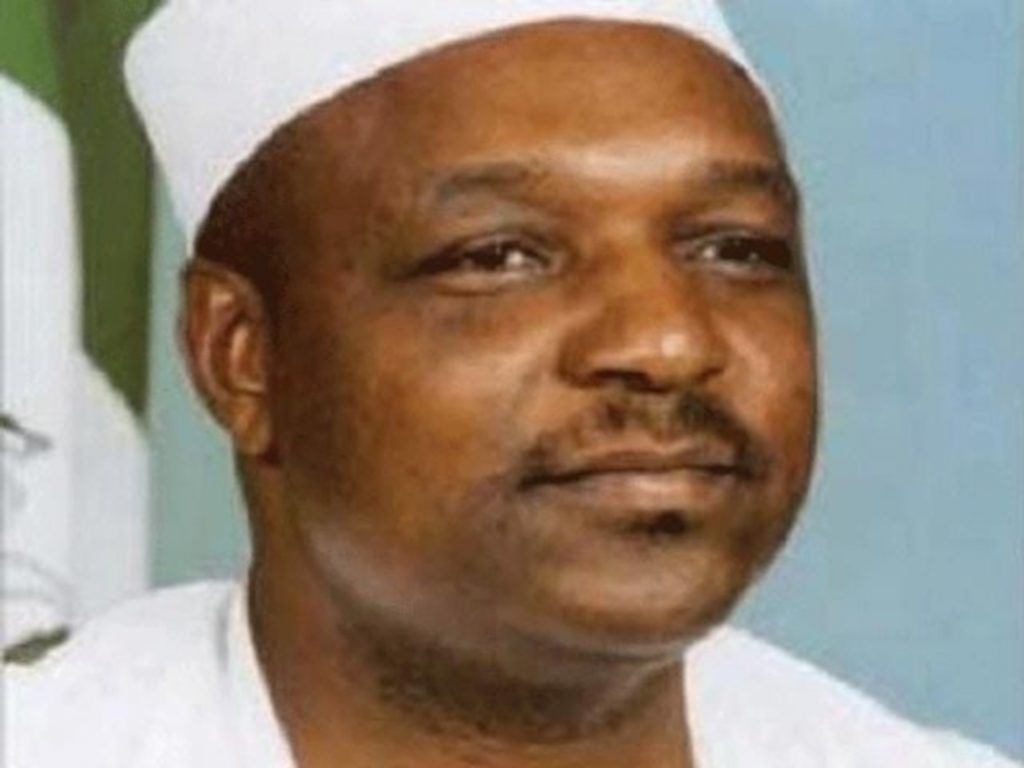
Advertisement
The EFCC first arraigned Nyame for stealing and diversion of state funds in 2007. The case stuttered and ended up at the supreme court over a preliminary issue bordering on the jurisdiction of the court to try him. But the apex court ruled that the former governor had a case to answer; his trial then recommenced in 2016.
The allegation of diverting N24.3million formed one of the 41-count charges the EFCC brought against Nyame.
Advertisement
The trial of the former governor continued on September 27, 2016 after a trial judge ruled in favour of the EFCC, dismissing Nyame’s challenge of the admissibility of his statements dated June 6 and 7, 2007 and July 11, 2007
On October 3, the EFCC confronted the former Taraba state governor with documents challenging his testimony in court, and his claim that he was not involved in state transactions, which formed the basis of his N1.64 billion fraud trial.
Advertisement
Nyame, who entered the dock to defend himself, after Justice Adebukola Banjoko, of the Federal Capital Territory (FCT) high court, Gudu, dismissed his “no-case” submission on February 14, 2017 had exonerated himself during his evidence-in-chief, led by his counsel, Olalekan Ojo, denying all the charges.
Testifying as the fourth defence witness, Nyame had on September 20 described as “the figment of his imagination”, testimony of the eigth prosecution witness, Abdulrahman Mohammed, an accountant with the state, who in court testified that he brought N24.3 million cash “meant for purchase of grains” to the former governor.
“I did not collect the sum of N24.3 million meant for grains from Abdulrahman the accountant,” Nyame said, admitting that he signed a memo raised to purchase grains to alleviate sufferings of the people in the state.
JOSHUA DARIYE
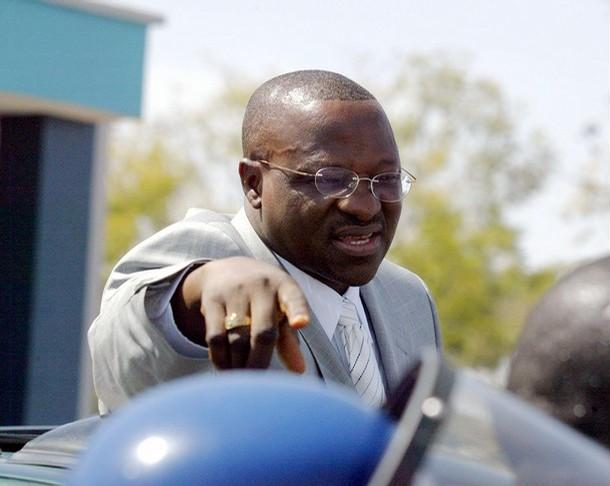
The trial of Dariye commenced in October 2007 before Adebukola Banjoko, justice of the FCT high court, Gudu. But the case could not proceed because the former governor filed an application challenging the jurisdiction of the court.
Dariye argued that he should be tried in Plateau and not in Abuja. His application was dismissed by the lower court, but the matter dragged on until 2015 when the supreme court ordered him to return to the Abuja high court for trial.
The court fixed October 10, 2017 for further proceedings in the trial of Dariye, who is facing a N1.162 billion fraud charge the EFCC brought against him.
DANJUMA GOJE
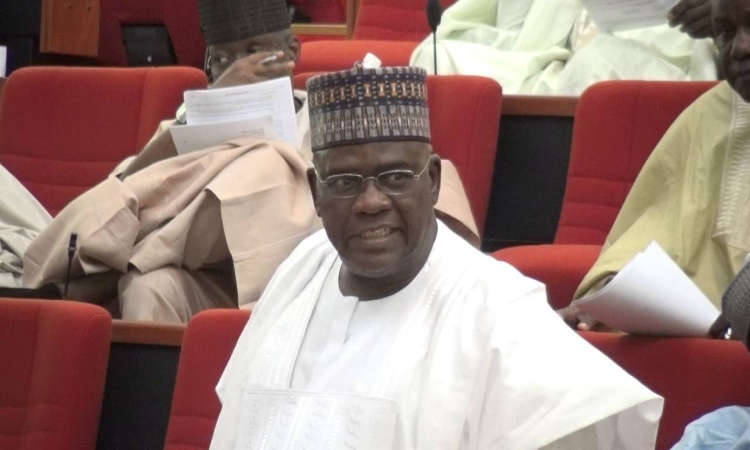
The trial of Goje, who was governor of Gombe state from 2003 to 2011, has throttled on with bumps and jolts since 2007. When Goje was re-elected governor in 2007, his trial could not proceed because he was immune from prosecution.
The trial of the former governor, who is facing charges of conspiracy and money laundering continued on September 26, 2017 with the EFCC presenting four witnesses, who testified as the 15th, 16th, 17th and 18th witnesses.
Goje is standing trial along with Aliyu El-Nafaty, SM Dokoro and Sabo Muhammad Tumu, before Babatunde Quadri, justice of the federal high court, Plateau state, for allegedly embezzling state funds.
The EFCC accused him of engaging in financial impropriety, including diverting the contract of food supply to the state government house and loan facilities obtained from banks.
SAMINU TURAKI
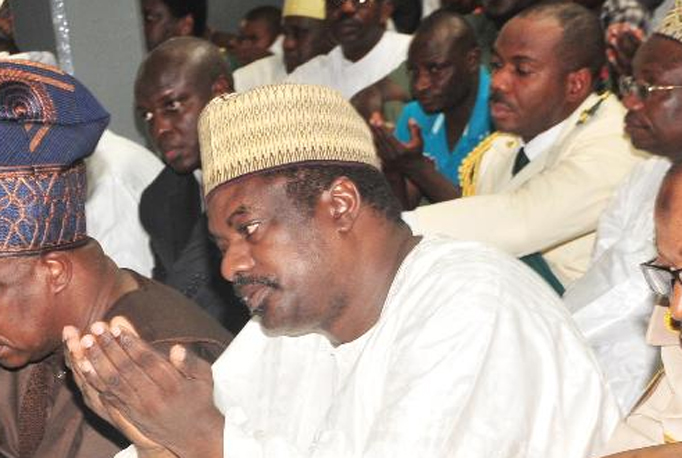
In July 2007, the EFCC filed a 32-count charge of corruption and money laundering against Turaki at a federal high court in Dutse.
The anti-graft agency alleged that the former governor laundered N36 billion meant for his state. But his trial could not continue because, according to the EFCC, he absconded after being granted bail.
But at a book launch in Abuja on July 4, the EFCC re-arrested Turaki. He was in EFCC custody for 14 days and was subsequently brought before a court for trial on September 19.
Other ex-governors currently facing corruption trial are Abdullahi Adamu (Nasarawa state); Akwe Doma (Nasarawa state); Gbenga Daniel (Ogun state); Alo Akala (Oyo state); Rasheed Ladoja (Oyo state); Sule Lamido (Jigawa); Murtala Nyako (Adamawa).
To forestall delay in dispensing justice on corruption matters, Walter Onnoghen, chief justice of Nigeria, ordered the establishment of special anti-graft courts. But how far these courts will go is largely hinged on their willingness to deal decisively with cases involving high-profile individuals.
Add a comment
